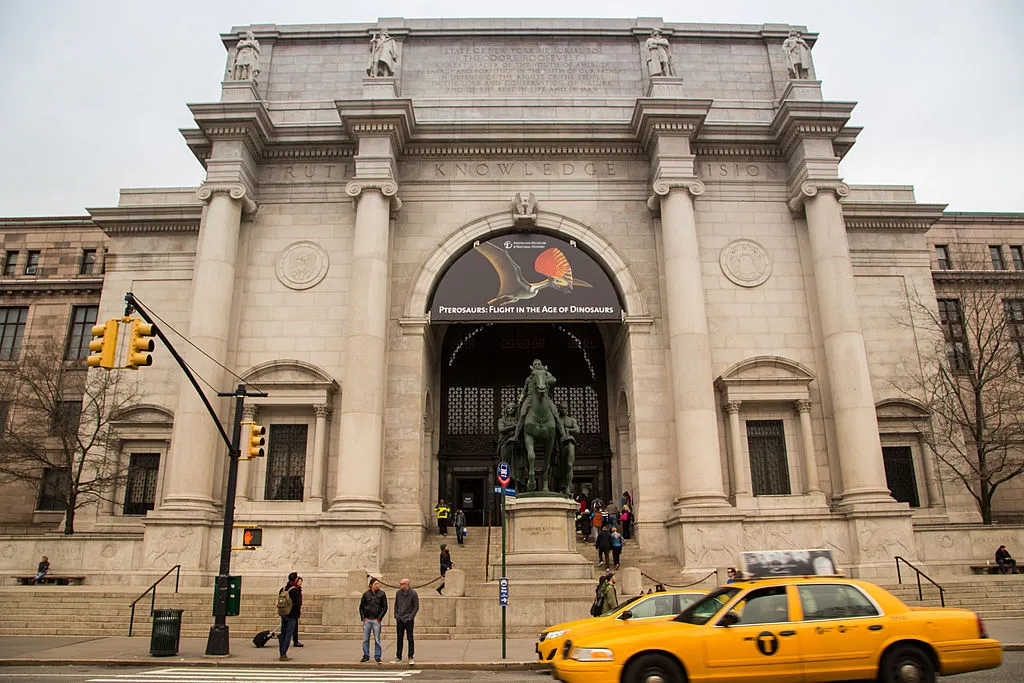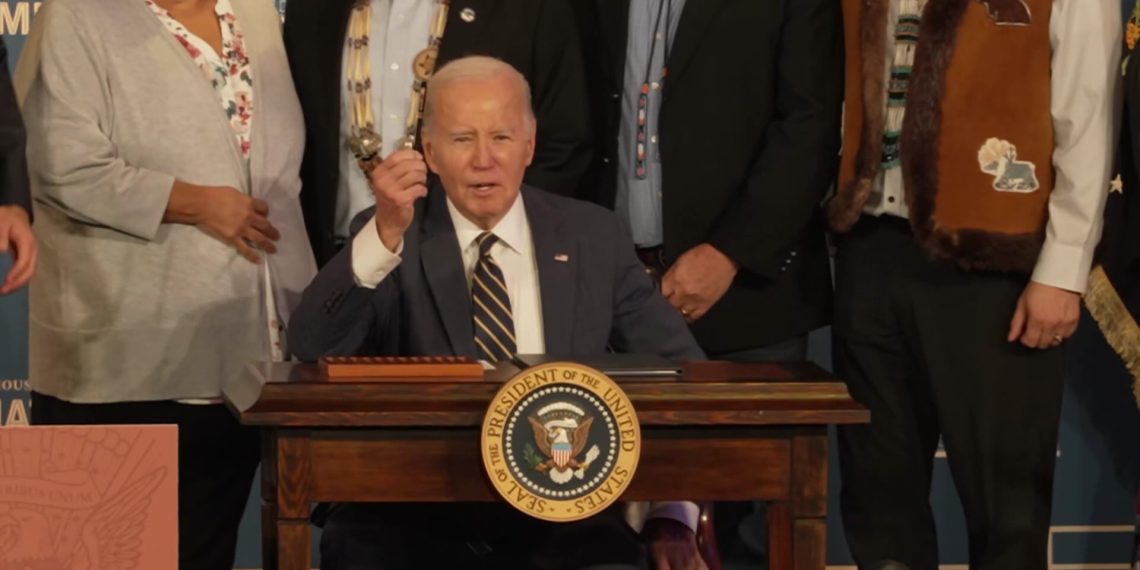Museums in the United States, including the American Museum of Natural History in New York, are closing or altering exhibits featuring Native American objects following new regulations from the Biden administration.
The rules, effective since January 12, mandate museums and federal agencies to consult and obtain consent from descendants, tribes, or Native Hawaiian Organizations before displaying or researching human remains or cultural items.
These regulations are meant to update the implementation guidelines of the 1990 Native American Graves Protection and Repatriation Act (NAGPRA), expediting the repatriation process of Indigenous remains and sacred items.
The American Museum of Natural History announced the closure of two halls featuring Native American objects on January 27, containing artifacts that may now require consent to exhibit. The decision aligns with the museum’s acknowledgment of the outdated representation and lack of respect for Indigenous cultures in these exhibits.
Other institutions, such as the Field Museum in Chicago and the Denver Art Museum, have also taken steps to comply with the new regulations, covering displays and removing items for consultation.

Interior Secretary Deb Haaland, the first Native American to hold a US cabinet position, introduced the regulations, emphasizing their role in facilitating the safe return of sacred objects to Indigenous communities and strengthening their authority in the repatriation process.
The regulations not only require informed consent but also mandate consultations and updates of inventories within five years.




